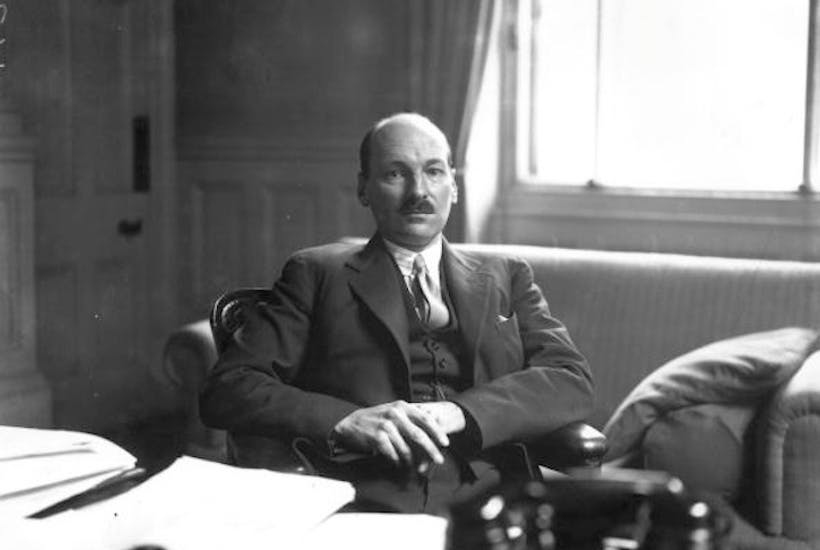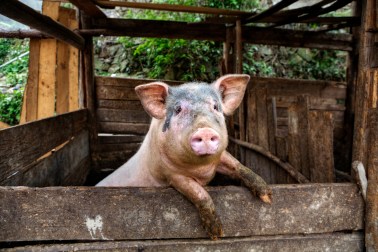My father worked as a fire warden during the Blitz, trying to contain the damage done by the Luftwaffe, and he witnessed more death and devastation than most soldiers saw on the frontline. Over a million houses in London were destroyed and nearly 20,000 civilians killed. But the horrors of the night were made more endurable by the atmosphere in the capital as day broke. All the petty distinctions that normally characterise life in a large city had fallen away. Strangers would stop and talk to each other. If anyone looked lost or confused, people would offer to help. Most adults had been up all night in makeshift air-raid shelters, often having to cope with restless children, but instead of being tetchy and short-tempered they were full of jokes and good cheer. The sense of community was so palpable, he said, it was as if you could reach out and touch it.

Get Britain's best politics newsletters
Register to get The Spectator's insight and opinion straight to your inbox. You can then read two free articles each week.
Already a subscriber? Log in







Comments
Join the debate for just £1 a month
Be part of the conversation with other Spectator readers by getting your first three months for £3.
UNLOCK ACCESS Just £1 a monthAlready a subscriber? Log in